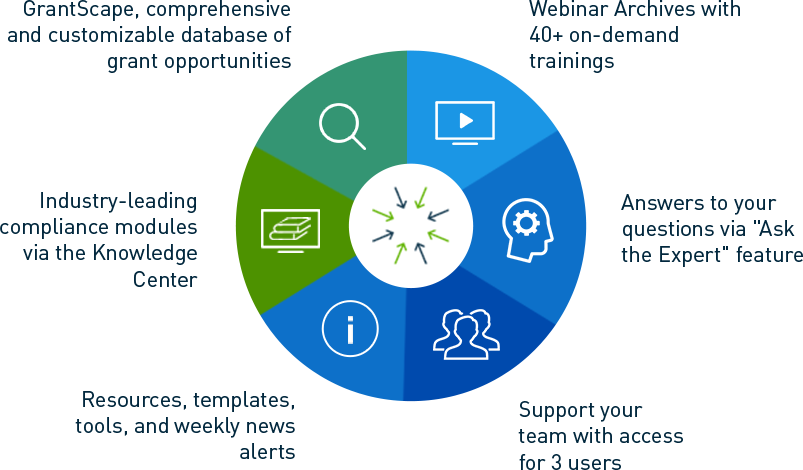September 23, 2024 at 08:04:58 ET
The departments of Education (ED) and Health and Human Services (HHS) plan to conduct more outreach to promote ED’s Parent Training and Information Centers, among other resources, to help children and parents with disabilities obtain services from state and local child care providers, according to a recent Government Accountability Office (GAO) report recommendation.
Federal early ... Read More
Copyright © Thompson Grants, a division of CBIS. All rights reserved.



